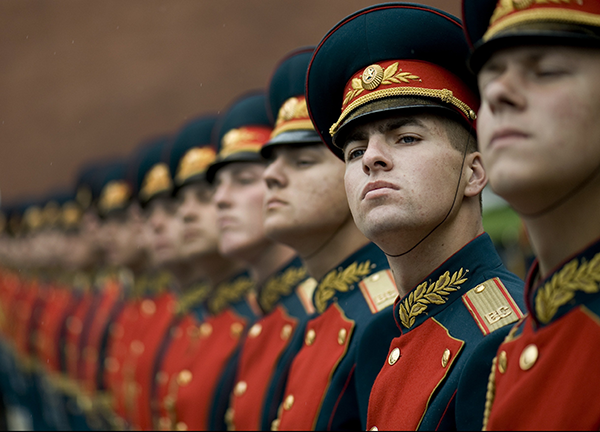2025-07-26
indicators

Russian influence remains an ongoing threat in the Czech Republic and across the broader post-Soviet region, particularly through hybrid tactics and disinformation campaigns. Experts consulted by the Czech News Agency note that while some pro-Russian structures have been weakened—especially following the 2022 invasion of Ukraine and events like the Vrbětice affair—Moscow’s strategy has evolved rather than disappeared. Instead of overt support for Russia, the focus has shifted to dividing societies, undermining trust in democratic institutions, and spreading confusion. According to Petr Havlíček of the Association for International Affairs, Russia’s standing in the Czech Republic has deteriorated significantly, yet anti-system movements have adjusted their messaging. Rather than openly praising Russia, many have redirected their criticism toward Ukraine and its people. Havlíček also pointed to cyber activities and financial crime, particularly money laundering, as ongoing challenges. Despite efforts, the Czech government has struggled to tackle these issues effectively. Data from the monitoring firm Datlab shows that more than 12,000 companies in the Czech Republic have links to Russian nationals, though the true number may be higher due to opaque ownership structures. This form of influence falls within the broader scope of asymmetrical conflict, where a weaker actor uses non-military tactics such as disinformation, sabotage, and cyberattacks to destabilize stronger adversaries. As Eva Klusová of the Czech Academy of Sciences explains, the goal is to erode public trust in the state and its institutions. If citizens no longer value or believe in democracy, they are less likely to defend it, giving adversaries an advantage without direct confrontation. Government officials and analysts have noted a concerning gap in the Czech Republic’s preparedness for hybrid threats. While there have been improvements in cybersecurity, other areas such as strategic communication and misinformation response remain underdeveloped. Havlíček warned that this vulnerability could have political consequences, especially in the lead-up to elections. The Czech Security Information Service reported that in 2024, Russia continued efforts to re-establish intelligence operations under diplomatic cover. Although early stages of the Ukraine invasion saw a lull in activity, Russian cyber operations have returned to previous levels. While major sabotage incidents have been avoided, the intelligence services have recorded lower-level security breaches. Experts agree that Russia’s disinformation efforts in the Czech Republic are not intended to sway public opinion in favor of Russia, but rather to create division and doubt. The strategy involves flooding the information space with contradictory messages to confuse and polarize audiences. This approach is often implemented through domestic actors who, knowingly or not, amplify Kremlin-aligned narratives. Josef Šlerka, a specialist in information warfare, emphasized the sophisticated nature of Russian influence campaigns. He noted that while some individuals genuinely support pro-Russian views, others—including public figures and politicians—may disseminate such narratives without direct links to Russia, often gaining visibility through Russian state media. The most sensitive cases, he added, involve those with suspected connections to Russian financial networks. Šlerka highlighted a shift in Russia’s approach to information warfare since the start of the Ukraine invasion. Before 2022, these campaigns were largely aimed at shaping Western opinion and policy, particularly in relation to sanctions. Since then, they have become a more integral part of wartime strategy, focused on weakening Western resolve. He cautioned that influence operations are long-term efforts, often playing out over years rather than months. Analyst Roman Máca identified social media platforms such as Facebook, YouTube, and Telegram as key tools for Russian propaganda, often through channels linked to intelligence services. These messages are spread further by public profiles and politicians, amplifying their reach. Strengthening media literacy and critical thinking is seen as a vital countermeasure. Havlíček noted that many in the Czech public remain unaware of the manipulative techniques used in propaganda, making them vulnerable to disinformation. Šlerka added that while Russia has failed to convince most Czechs of its legitimacy—the number of strong pro-Russian sympathizers remains small—the larger goal of disrupting social cohesion is showing signs of success. Kremlin-aligned narratives have begun to seep into mainstream discourse, contributing to political polarization and mistrust. The experts conclude that while Russia’s direct influence may have diminished in some areas, its strategic objectives remain consistent. The challenge for the Czech Republic lies in recognizing and responding to these evolving tactics with resilience, coordination, and public awareness. Source: CTK

